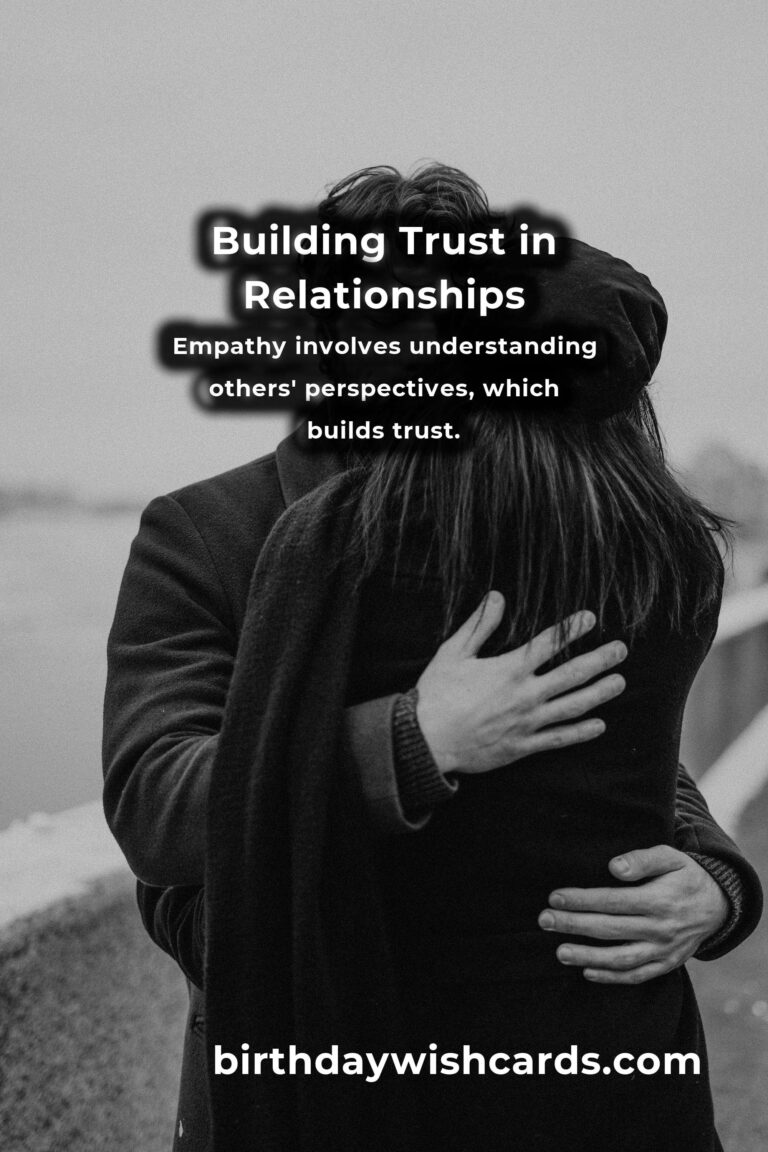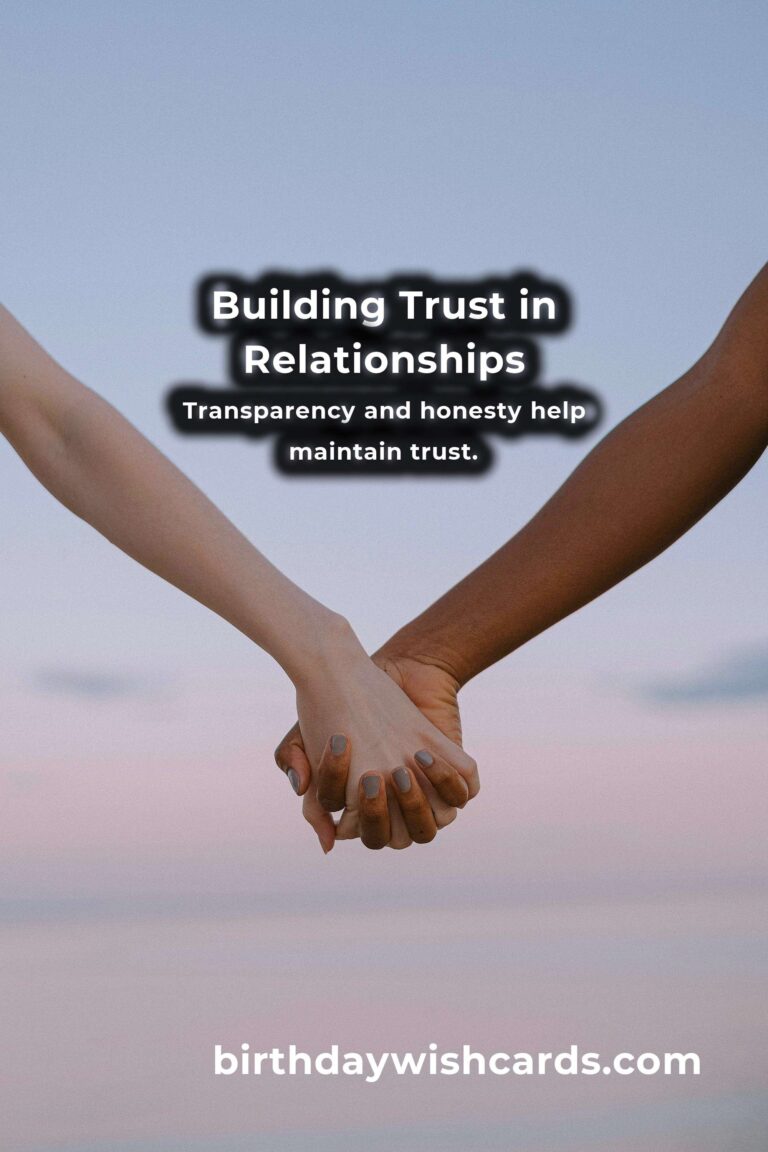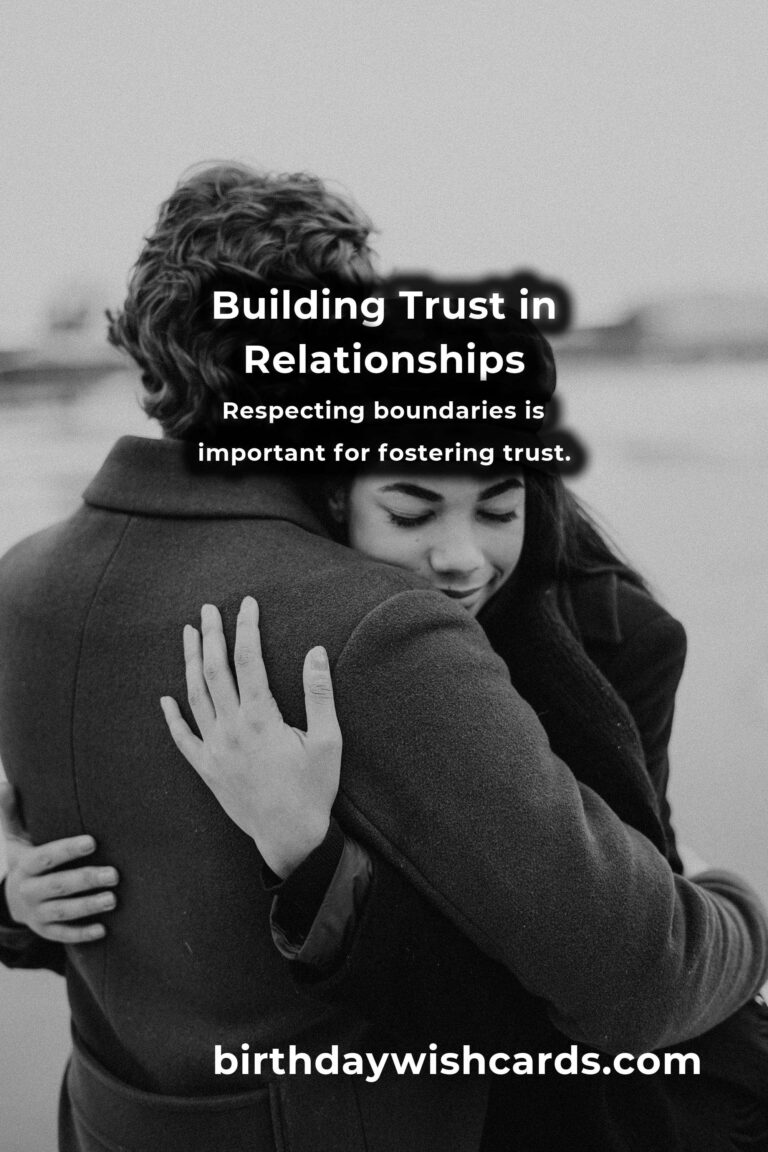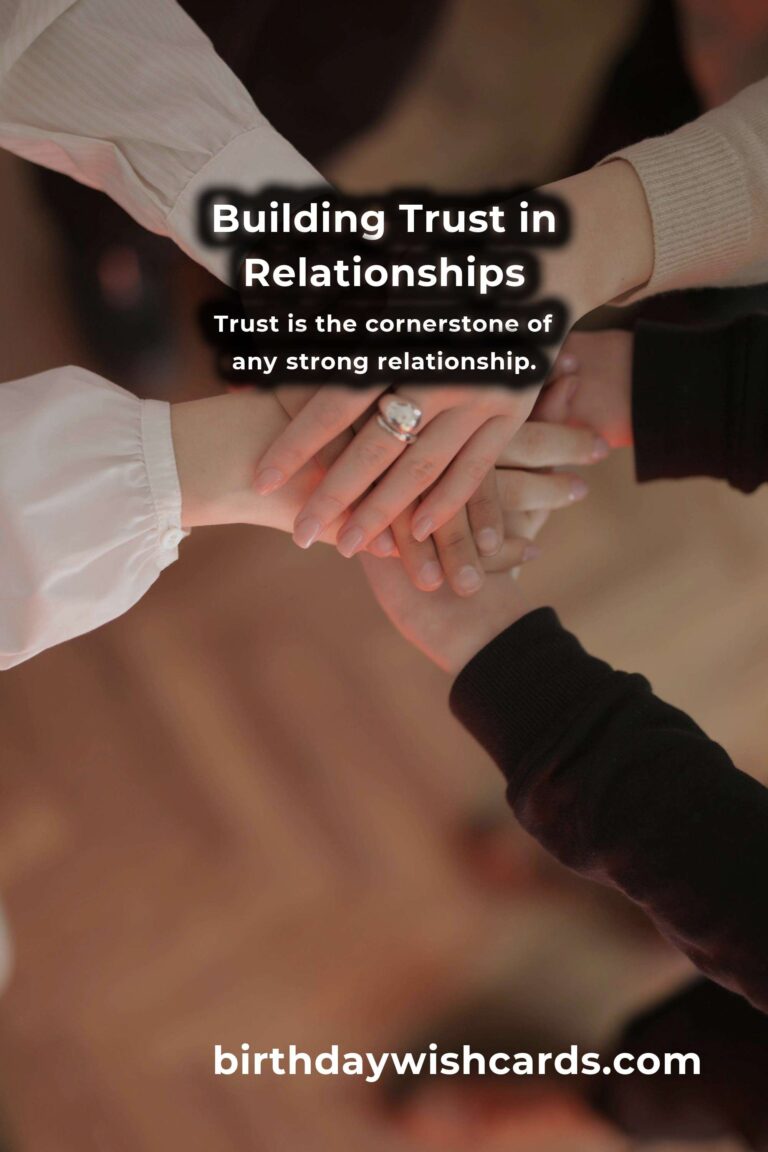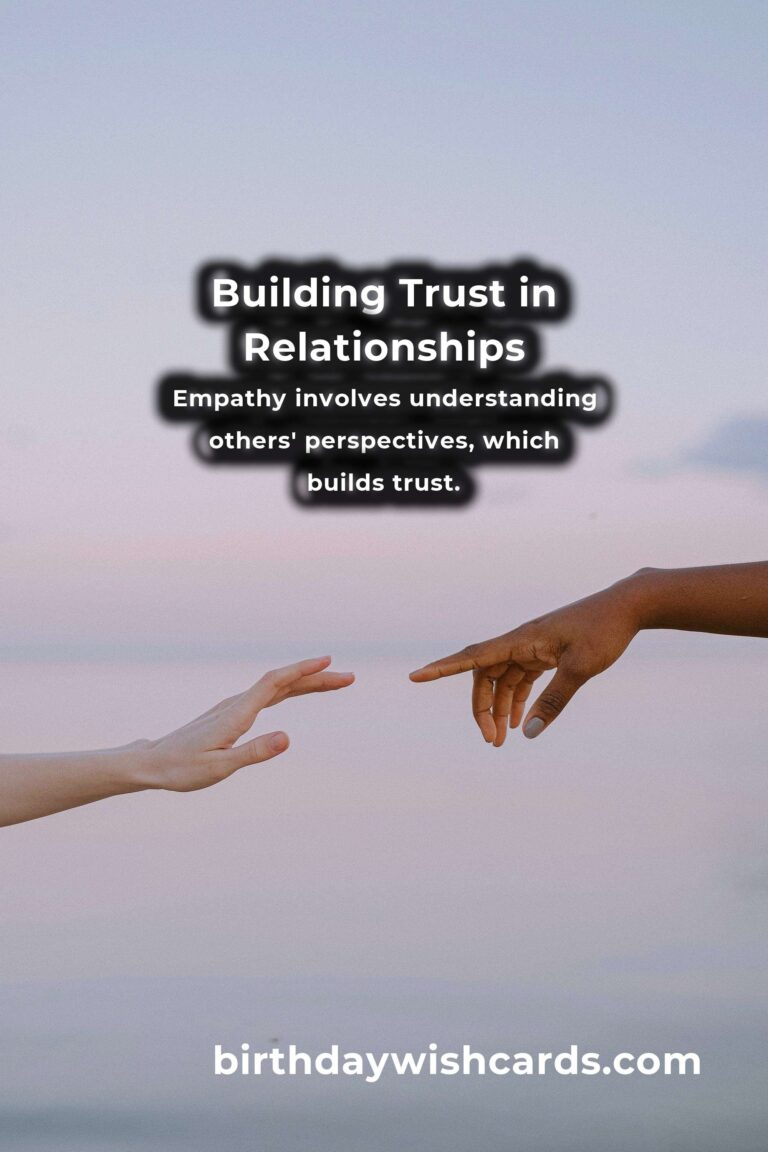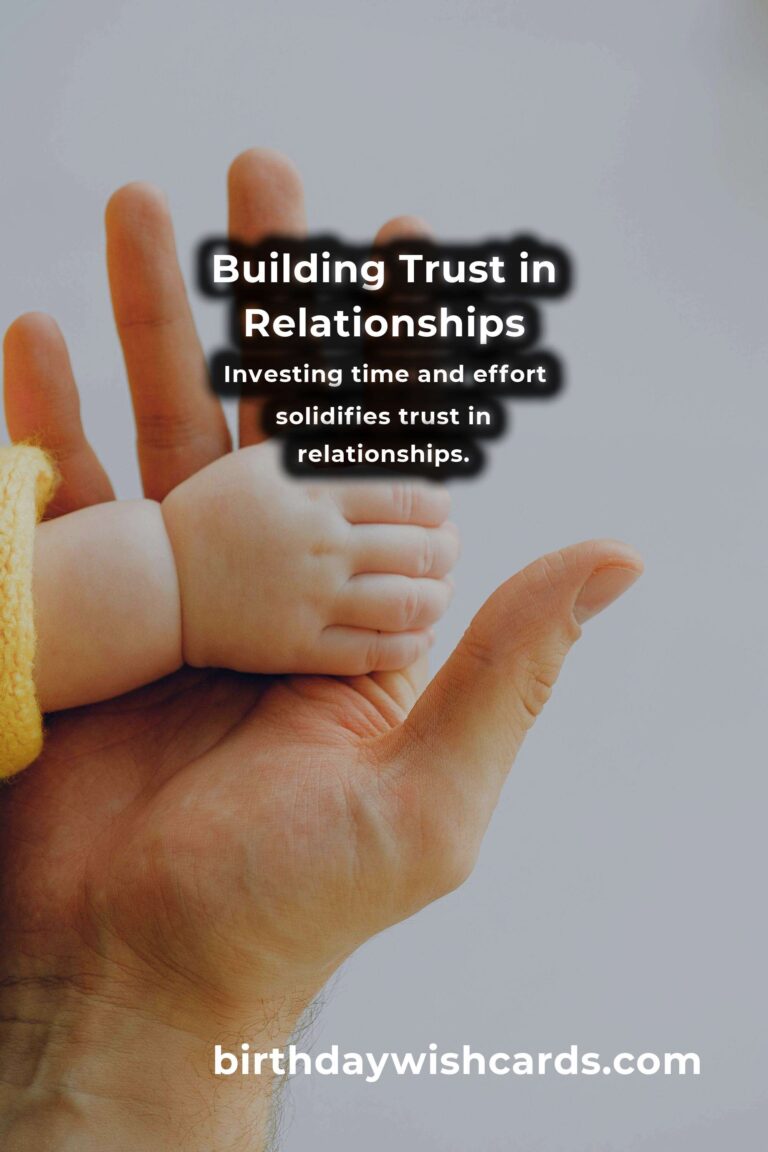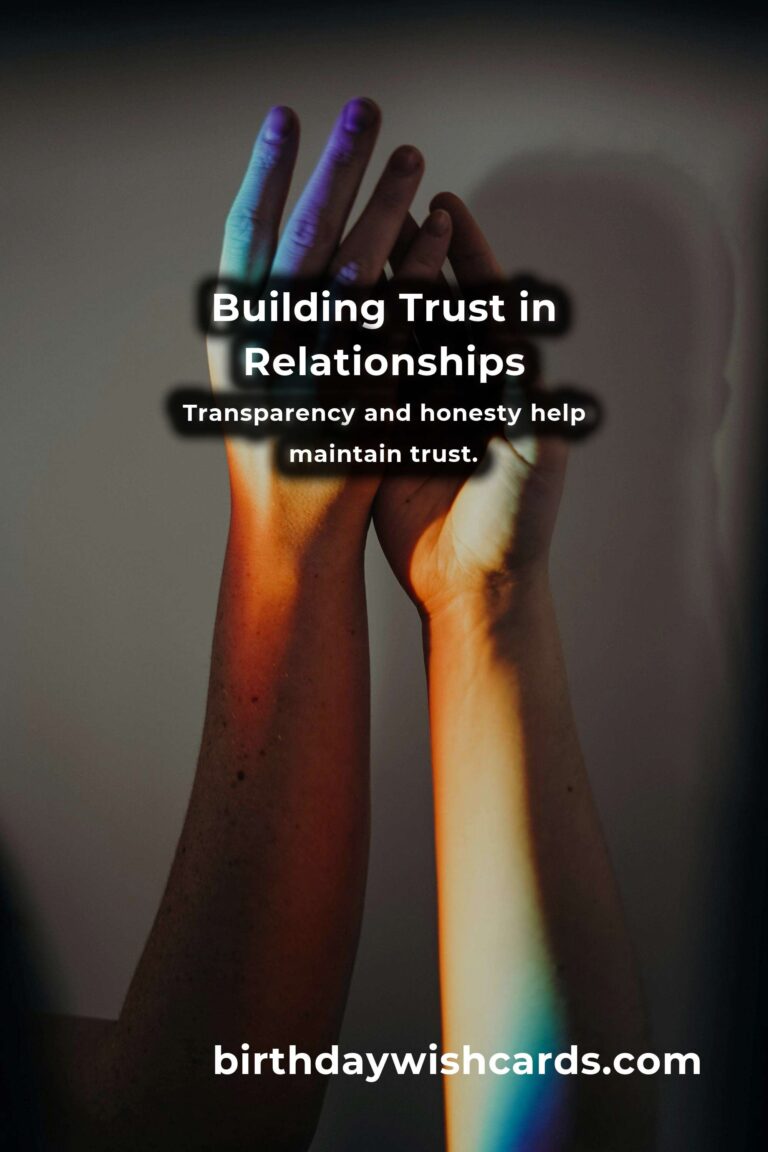
Trust is the cornerstone of any strong relationship, be it personal or professional. Without trust, relationships can become strained, leading to misunderstandings and conflicts. However, building and maintaining trust requires consistent effort and understanding. This article explores effective practices that can help enhance trust in your relationships.
Understanding the Importance of Trust
Trust is fundamental to the functioning of any relationship. It fosters open communication, strengthens bonds, and creates a safe environment where individuals can express themselves without fear of judgment. When trust is present, relationships flourish, allowing individuals to collaborate and support each other more effectively.
Effective Communication
One of the key elements to building trust is effective communication. This means not only speaking openly and honestly but also listening actively. When you communicate effectively, you demonstrate respect and consideration for the other person’s perspectives and feelings. This mutual respect lays the groundwork for a trusting relationship.
Consistency and Reliability
Being consistent and reliable is crucial in earning trust. When you consistently follow through on your promises and commitments, others see you as dependable. This reliability builds confidence in your intentions and actions, thereby strengthening trust.
Transparency and Honesty
Transparency and honesty are vital in maintaining trust. Being open about your thoughts, intentions, and feelings helps to eliminate misunderstandings. When you are honest, you show that you respect the relationship and are committed to its growth.
Setting Boundaries
Respecting boundaries is another important practice for fostering trust. Understanding and respecting each other’s personal space and limits ensures that both parties feel safe and valued. Clear boundaries help prevent conflicts and misunderstandings, which are detrimental to trust.
Practicing Empathy
Empathy involves putting yourself in someone else’s shoes and understanding their perspectives and emotions. When you practice empathy, you show that you care about the other person’s experiences. This understanding helps to build a deeper connection and trust.
Admitting Mistakes
Everyone makes mistakes, but admitting to them is a powerful way to build trust. Owning up to your mistakes shows integrity and accountability. It also opens the door for honest discussions and resolutions, which reinforce trust.
Building Trust Through Vulnerability
Being vulnerable with someone can be daunting, but it is a profound way to build trust. Sharing your fears, dreams, and insecurities requires courage and shows that you trust the other person enough to be open with them. This mutual vulnerability creates a deeper bond and understanding.
Investing Time and Effort
Building trust takes time and effort. Investing in your relationships through quality time and meaningful interactions shows that you value the relationship. Over time, these investments in time and energy solidify trust and strengthen the relationship.
Conclusion
Trust is not built overnight; it is a continuous process that requires dedication and commitment. By implementing these practices, you can enhance trust in your relationships, creating a more fulfilling and harmonious connection with others. Remember, trust is the foundation upon which all healthy relationships are built.
Trust is the cornerstone of any strong relationship. Effective communication is key to building trust. Consistency and reliability are crucial in earning trust. Transparency and honesty help maintain trust. Respecting boundaries is important for fostering trust. Empathy involves understanding others’ perspectives, which builds trust. Admitting mistakes is a powerful way to build trust. Vulnerability is a profound way to build trust. Investing time and effort solidifies trust in relationships.
#Trust #Relationships #Communication #Empathy #Honesty #Vulnerability

